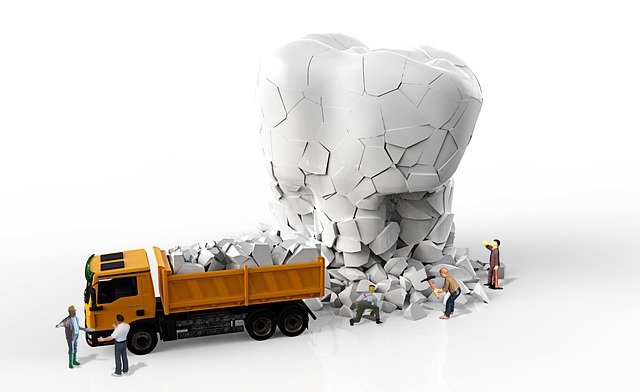Sometimes dentists meet patients whose mouths look like a bomb has hit them. All perforated and full of pus. You might think that these are people who are generally not behaving quite sensibly. But in reality, there is often fear behind it. Painful experiences in the past or simply subjective, exaggerated worry. Affected people then stop going to the doctor until they can’t stand it any more because of the pain. Therefore, we deal with how you can get rid of the fear of the dentist.
Psychological research has come a long way in this area. If your fears have so far kept you from visiting the dentist, you can now find the antidote.
Distract yourself
Most dental procedures are far less painful than expected. And if an invasive procedure is required, then there is the option to be numbed. It is well known that time passes slowly when we are experiencing something unpleasant. So take some headphones with you and listen to music or an audio book. This way, time will pass much faster and the intensity of the experience will be lessened. The dentist Thun encourages his patients to do this all the time and it works brilliantly.
Relax as much as possible
If we get into situations that frighten us, the body reacts with: Freeze, Flight or Attack. A completely normal reaction. In all scenarios, the muscles tend to tense up, the pulse goes up and breathing speeds up. Use relaxation methods to reduce the overreaction. This could be, for example, fantasy journeys, meditation, autogenic training or self-suggestion. There is more than enough choice.
Knowledge is power
Educate yourself about the upcoming treatment. Nobody likes root canal treatments because the thought is scary. But because of the anaesthetic, pain can be managed. If, in addition, you know what is going to happen on the day, you won’t stand like a rabbit in front of the queue wondering: What’s next? What is he doing? Is this going to hurt massively? This is how you reduce the human primal fear of the unknown.
Look for the sources of fear
Ask yourself why you are actually afraid of the dentist? If it is the pain you suffered as a child, remember that the methods of “yesteryear” are not necessarily up to date. Realise that both technology and methods of anaesthesia have progressed. If you were a child in the 80s or 90s, you were often still dealing with doctors for whom pain had to be endured. In addition, the anaesthetics were not always paid for by the insurance, so people preferred to do without them. Those times are definitely over. Today, much more attention is paid to the well-being of patients.
